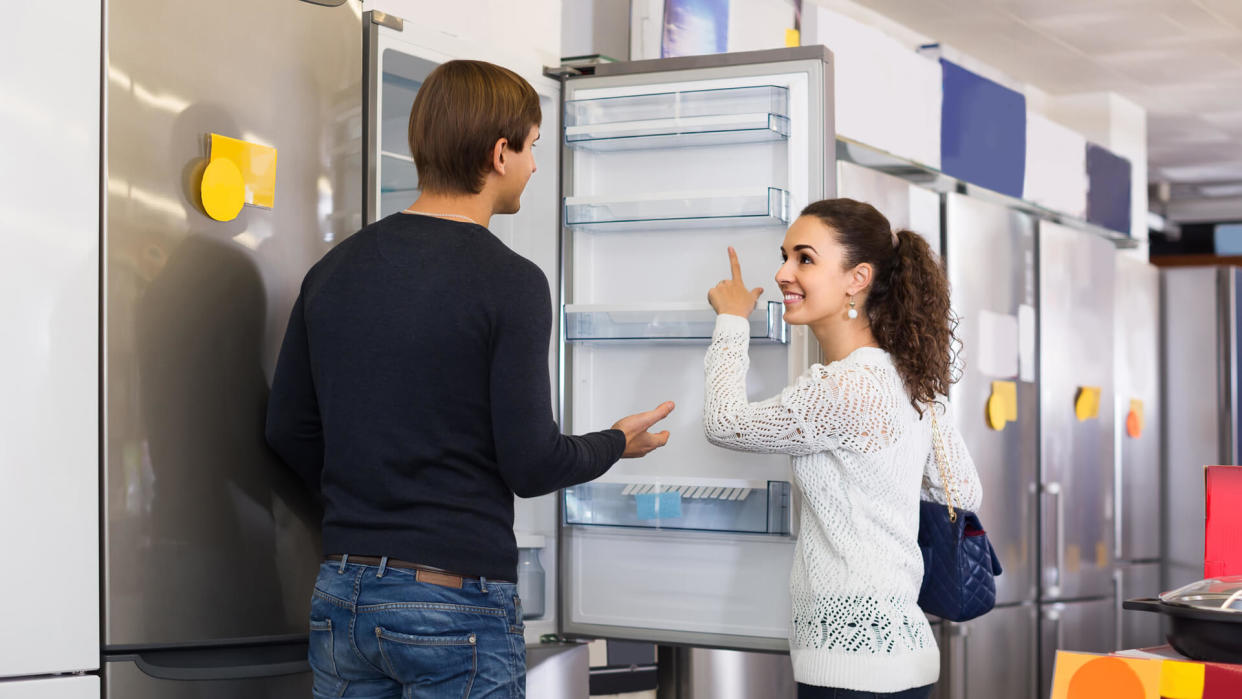Your Household Appliances Are About to Cost You a Lot More Money – and the Reason Why Is Fascinating

Your next refrigerator may cost more, but it will be kinder to the environment. The U.S. Environmental Protection Agency has announced new restrictions on the use of hydrofluorocarbons, chemicals that are used in refrigerants.
See: Green Tax Credits That’ll Save You Hundreds When You File
Find: Building a Green(er) Portfolio
Beginning in 2022, the new rules will gradually reduce the production and importation of HFCs, with a goal of 85% reduction in 2037. The remaining HFCs will be permitted because there are no alternatives for their particular uses, The New York Times reports.
Reducing HFCs will make a big dent in U.S. carbon emissions and generate $283.9 billion in health and environmental benefits by 2050, according to the Times. Some states and countries have already passed bans, so makers of home appliances and commercial refrigeration equipment are already experimenting with HFC-free products. California currently requires small refrigeration units to be HFC-free, for example, so appliance manufacturers are responding. Over half of refrigerators sold in the U.S. by GE (NYSE: GE) already use alternative chemicals, Inside Climate News reports.
The new products are likely to be more expensive than the old ones. The benefits, while significant, are mostly in the form of what economists call externalities: things that help everyone, like a reduction in wildfires or hurricane activity because of a slowing in climate change. The costs, meanwhile, will be borne by households, retailers and food service businesses that have refrigeration units. Meaning: we will all pay, but it is hoped we will all benefit.
More From GOBankingRates
Money’s Most Influential: Where Do Americans Get Their Financial Advice?
‘Rich Dad Poor Dad’ Author Robert Kiyosaki: You Should Never Say ‘I Can’t Afford That’
This article originally appeared on GOBankingRates.com: Your Household Appliances Are About to Cost You a Lot More Money – and the Reason Why Is Fascinating

